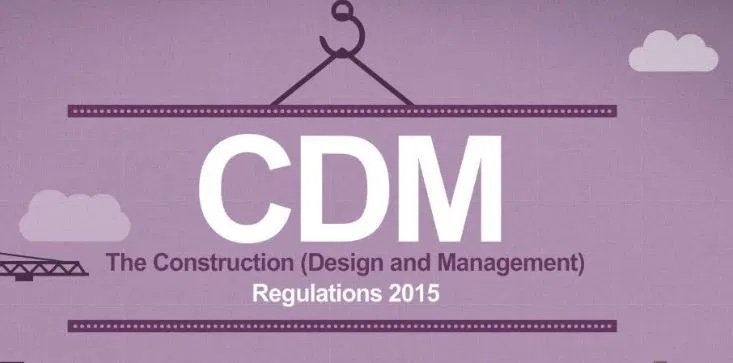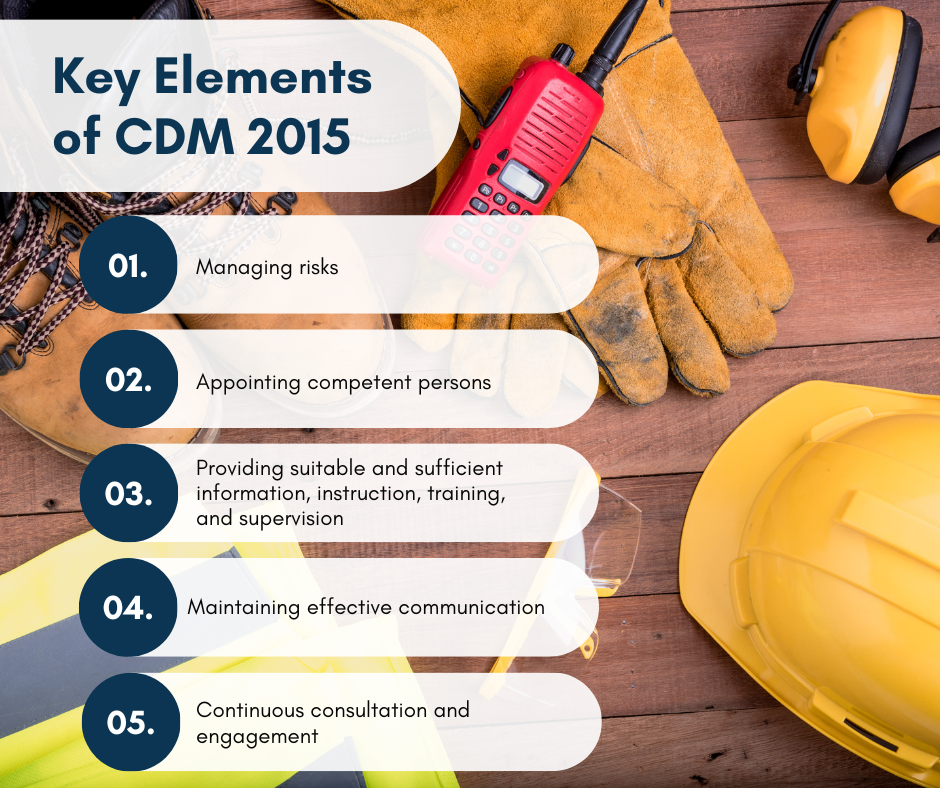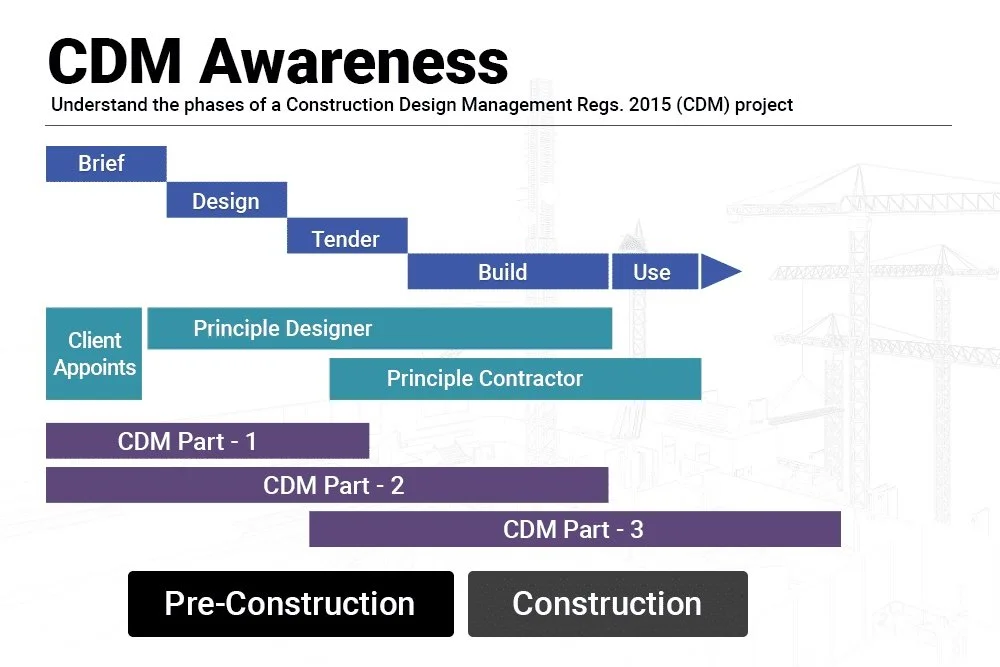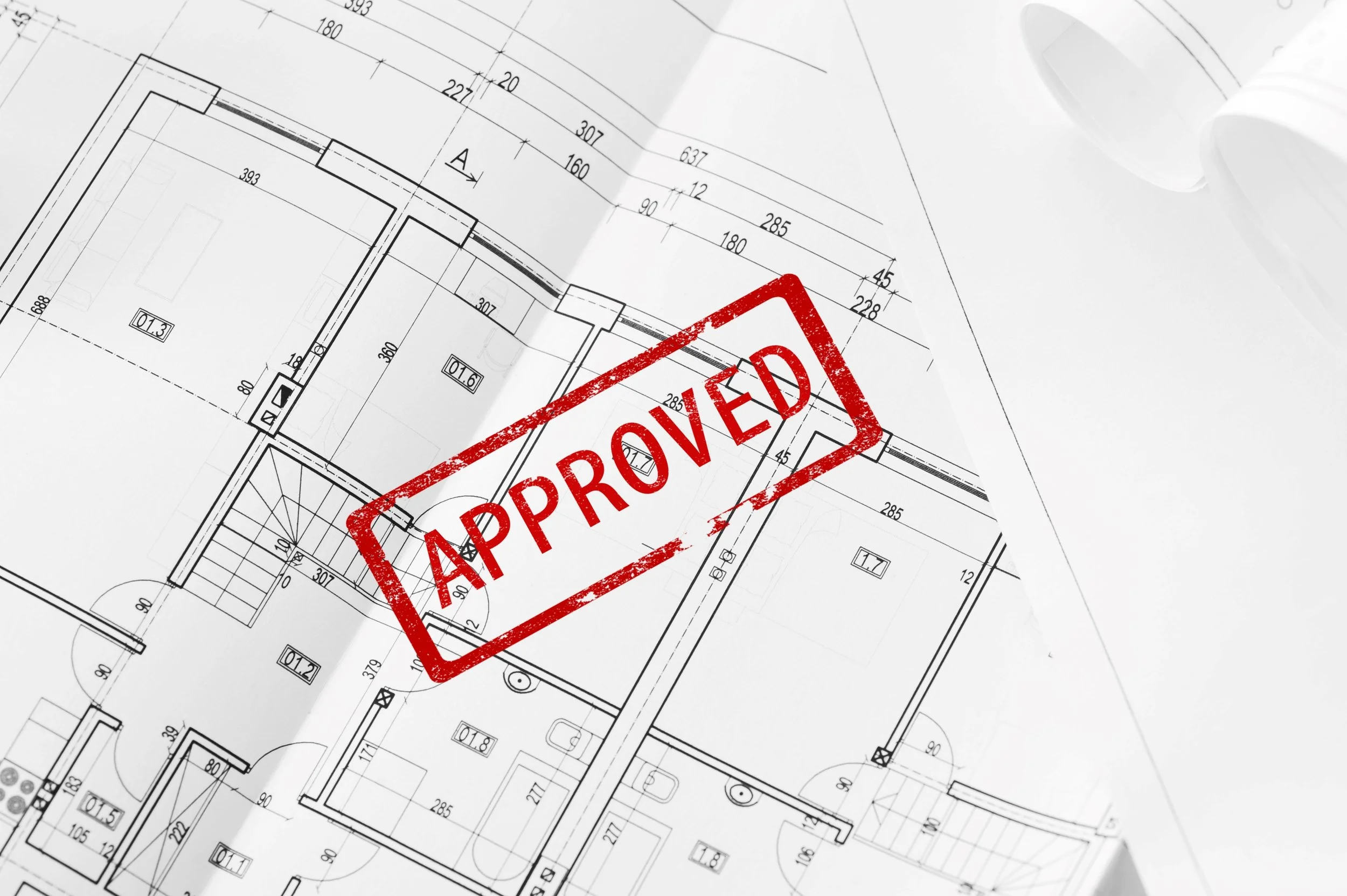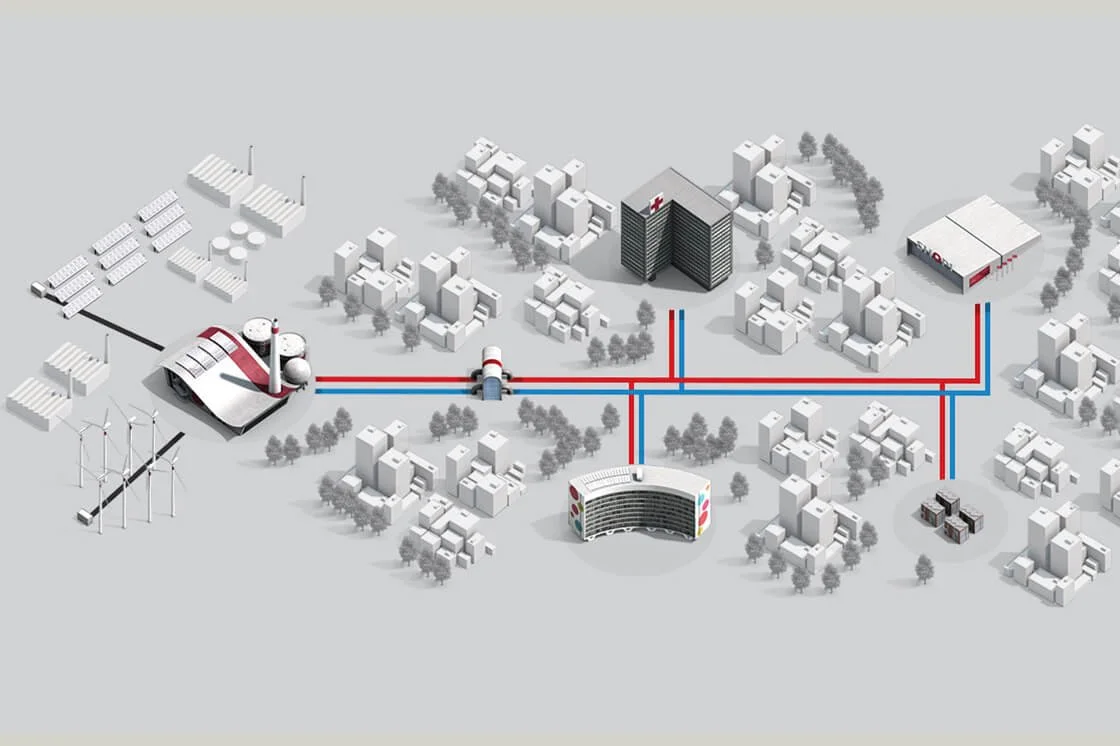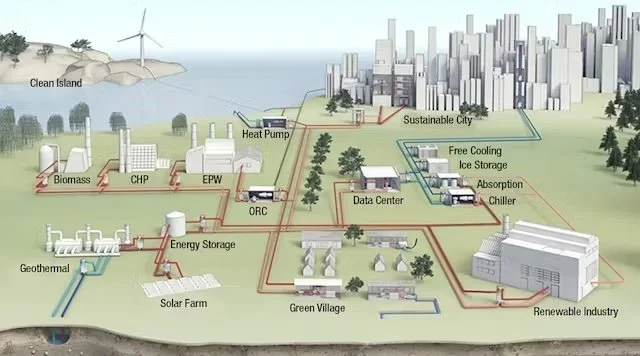
By Design Tech Solutions — Experts in Heat Network Design & CDM Integration
Introduction: Why CDM Matters in District Heating
Construction projects in the UK must comply with the Construction (Design and Management) Regulations 2015 — known as CDM. These regulations place legal duties on all parties involved in the design and delivery of construction work, including district heating schemes.
With multiple phases, contractors, and utility interfaces, heat network projects can introduce significant design and delivery risk. At Design Tech Solutions, we support CDM compliance through clear roles, risk planning, and integrated documentation — ensuring safety, clarity, and compliance from pre-construction to completion.
What Is CDM 2015?
CDM is the UK’s health and safety regulation for construction. It applies to all construction work, including civil engineering and infrastructure projects like heat networks.
The regulations aim to:
Improve project planning and communication
Identify and manage design-related risks
Ensure safe working practices throughout the project lifecycle
Define legal duties for clients, designers, principal designers, and contractors
Key CDM Roles & Responsibilities
Client
Ensures suitable arrangements are in place for managing the project, including the appointment of competent dutyholders.Principal Designer
Takes charge of health and safety during the pre-construction phase. Must coordinate risk management and ensure all designers comply with CDM.Principal Contractor
Takes charge of health and safety during the construction phase, including site management, method statements, and subcontractor coordination.Designers (e.g. DTS)
Must eliminate, reduce, or control foreseeable risks during design. Required to communicate risks clearly to the rest of the team.
How CDM Applies to District Heating Projects
District heating involves complex sequencing, underground works, and live interfaces — making clear CDM planning critical.
Typical Risks We Address in Design:
Excavation hazards (collapse, underground utilities)
Manual handling of large pipe sections or HIUs
Hot works and confined spaces in energy centres
Disruption of live roads, pavements, or footpaths
Access and maintenance risks post-installation
Our design work is always accompanied by:
Risk assessments and hazard registers
Methodology notes for principal designers
Pre-construction information contributions
CDM-compliant drawings and specifications
FAQ
DTS as a CDM-Compliant Design Partner
We work collaboratively with clients and principal designers to ensure:
Design risk is considered at every RIBA stage
Residual risks are clearly communicated to contractors
Designs include space for access, maintenance, and safe install
All design work aligns with the requirements of CDM 2015
We don’t just create drawings — we design for safety and buildability.
Safer Designs Start Here
We design heat networks that are not only compliant — but safe, practical, and well planned. Let’s make CDM a strength, not a stress.
RELATED READS
Explore our detailed guides on designing effective, future-ready district heating systems. Each article is written to help clients, developers, and stakeholders understand what great network design looks like in practice.


